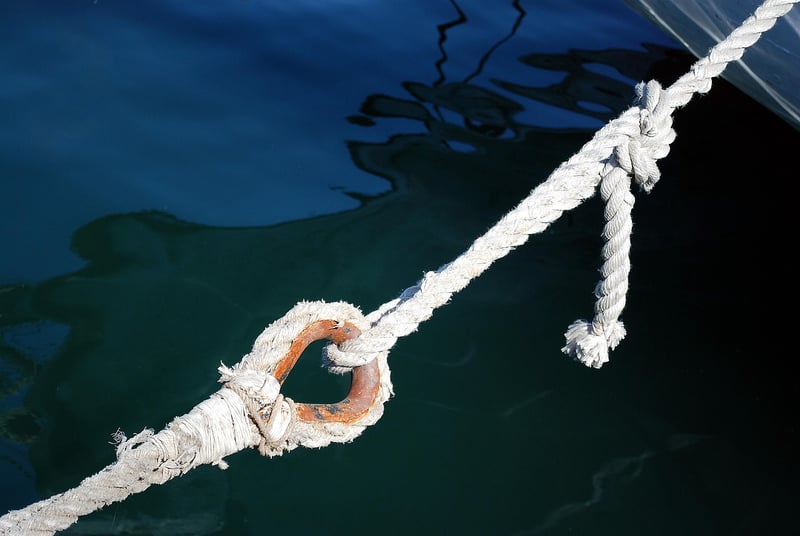Causality Preservation
Avoiding Disruptions in the Timeline and Causality Preservation
Time travel has always been a fascinating concept that captures our imagination. The idea of visiting the past or the future raises intriguing questions about causality and the potential impact of our actions. While time travel remains a theoretical possibility, it is essential to consider the potential disruptions it could cause to the timeline and how causality preservation plays a crucial role in maintaining the fabric of reality.
Understanding the Timeline
Time is often perceived as a linear progression of events, creating a timeline that represents the past, present, and future. In the context of time travel, the timeline becomes a delicate construct that can be easily disrupted by altering past events or introducing new elements from the future.
Disruptions in the Timeline
One of the primary concerns with time travel is the possibility of disrupting the natural flow of events. Changing a single event in the past could have ripple effects that alter the course of history in unforeseen ways. This phenomenon is often referred to as the "butterfly effect," where small changes can lead to significant consequences.
Causality Preservation
Causality preservation is the principle that governs the relationship between cause and effect. In the context of time travel, it emphasizes the importance of maintaining the consistency of events to ensure that the timeline remains intact. By adhering to causality preservation, time travelers can minimize disruptions and prevent paradoxes from occurring.
Strategies for Avoiding Disruptions
- Non-Interference: One approach to avoiding disruptions is to observe events in the past without directly influencing them. This strategy minimizes the risk of altering the timeline while allowing for the study of historical events.
- Predestination Paradox: Embracing the concept that time travel cannot change the past but rather fulfills it can help maintain causality. This paradox suggests that any actions taken in the past were always meant to happen.
- Parallel Universes: Another theory proposes that each change in the past creates a new parallel universe, preserving the original timeline while allowing for alternate realities to coexist.
Conclusion
Time travel poses intriguing possibilities and challenges, with disruptions in the timeline and causality preservation being critical considerations. By understanding the delicate balance of cause and effect, time travelers can navigate the complexities of temporal exploration while minimizing the risk of altering reality as we know it.

Image source: Pixabay
